Department of Science and Technology Education
Sorry, my child, you do not qualify! a take on the controversial 30% matric pass mark policy and University entrance requirements

From left: Ms Mahlako Chuene( Junior Lecturer, DeSTE), Prof Awelani Mudau (Chair of Department, DeSTE), and Dr Mpipo Sedio (Senior Lecturer, DeSTE)
Tateni Breaking the cycle of Poverty, an Engaged Scholarship project extended an invitation through the Department of Public Works and Infrastructure (DPWI) to invite Dr Mpipo Sedio, the Department of Science and Technology Education(DeSTE) to the 2023 Bursary Award Ceremony. The programme ran for 2 days, the focus for day 1, 25 January 2023 was the University readiness programme for the class of 2022 as well as the Principals’ Forum. The Day 2, 26 January 2023 was the bursary awarding ceremony.
Dr Sedio’s presentation “South Africa’s controversial 30% pass mark perpetuates limitations leading to underperformance: Opting for high-performance school environment”, highlighted the impact of the 30% matric pass mark to the lives of young aspiring learners to enter a university. She and then offers a argued that post-school education access is one of the priorities of the government for its citizenry this implies that access to university education is a priority. Universities, therefore, play a vital role in providing post-school education. The presentation sensitised principals that despite the 30% pass mark, the universities have their individual university Admission Point Score (APS) for their prospective students.
During the presentation Dr Sedio compared the APS for six different South African universities, namely the University of South Africa, the University of Pretoria, the University of Johannesburg, the University of Witwatersrand, the University of Western Cape and North West University. She further focused on the entry requirements for Built Environment qualification, that is architecture, construction, real estate, civil engineering, mining engineering, a diploma in civil engineering, and a diploma in engineering technology. She concluded that from her comparison it was evident that the minimum entry requirement for most of the institutions is level 5 which translates to 60%+. This score is two times the matric pass mark, thus automatically disqualifies learners that only achieved the pass mark of 30%. In her presentation she projected that the statistics from 2014 to 2019 show that the mathematics average is less than 60%. This is less than the minimum requirement for university entry further barring more students who want to venture into programmes that actually require mathematics. She challenged the principals and the Director in the DPWI to ask questions that should be directed at policymakers since there is a disjuncture of university admissions policies and the certification criteria from the Department of Basic Education (DBE) and the Department of Higher Education (DHE). At the end of the day, the aim should be to establish this policy's medium and long-term impact and encourage high-performing schools to meet the admission requirements.
This is the reason to celebrate the high achievers to encourage learners who are still coming up from the DBE to meet and exceed the required APS. The award ceremony that took place on the 26th of January was aimed at recognising the achievements of the learners who against all odds managed to pass with a bachelor pass and gain entry into various universities . The bursary programme is one of the ways in which DPWI showcases its commitment to the education and development of the youth, teachers and the principals. The soon to be students do not just stop get bursaries but the DPWI programme also offers support to the new students through their buddy programme led by former bursary recipients working close with Prof Mudau, Chair of Department, DeSTE and Prof Tabane, School Director: Educational Studies. The buddy programme focuses on motivating the students to strive for excellence. There was a total of 72 bursaries awarded of which 42 (58%) were awarded to females to transform a male-dominated industry.
#WrittenbyMahlakoChuene
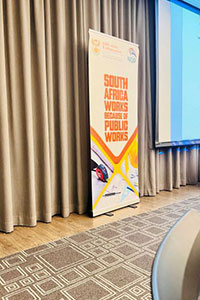 |
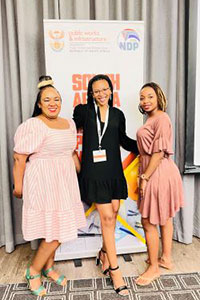 |
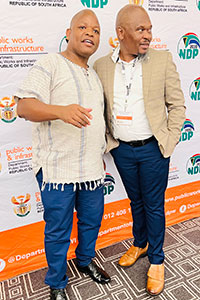 |
| DPWI banner | From left: Ms Seanokeng Kgaphole (CEDU Marketing), Ms Mahlako Chuene (DeSTE), Ms Kebalibile Motsepe (CEDU Marketing) |
From left: Prof Ramodungoane Tabane(School Director: Educational Studies) and Dr Mafikeni Mnguni (Lecturer: Department of Psychology of Education) |
Publish date: 2023-02-06 00:00:00.0


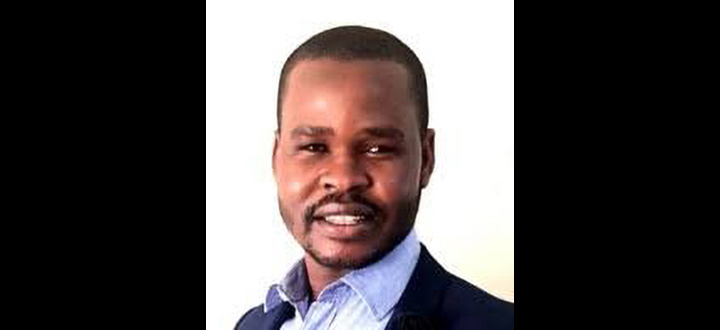 Mental health among men in the workplace needs more attention
Mental health among men in the workplace needs more attention
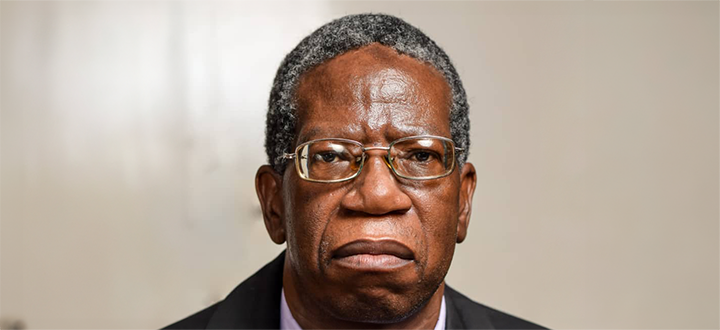 "I owe everything to Unisa and my late supervisor's priceless mentoring"
"I owe everything to Unisa and my late supervisor's priceless mentoring"
 Majikijela - a queer scholar raising homosexuality awareness through his work
Majikijela - a queer scholar raising homosexuality awareness through his work
 Unisa and Inqaba Biotec unveil groundbreaking DNA research platform
Unisa and Inqaba Biotec unveil groundbreaking DNA research platform
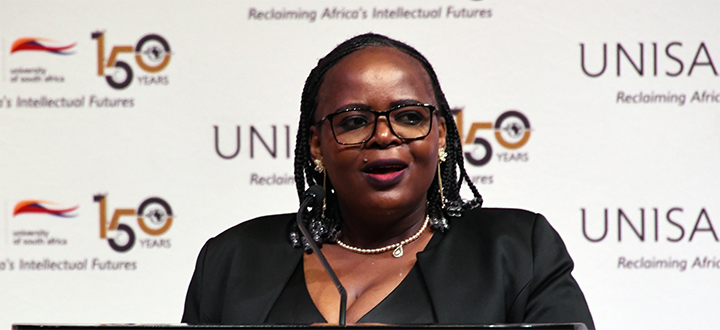 College of Law appoints esteemed scholar as executive dean
College of Law appoints esteemed scholar as executive dean